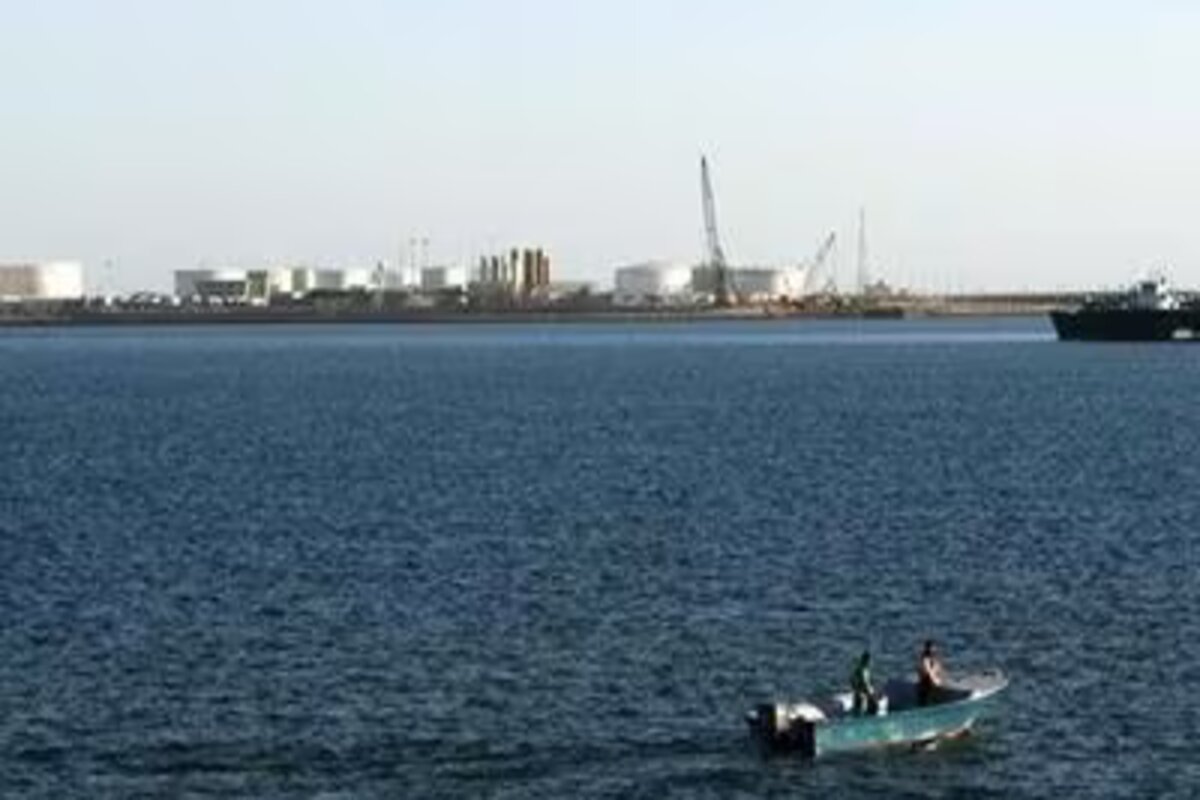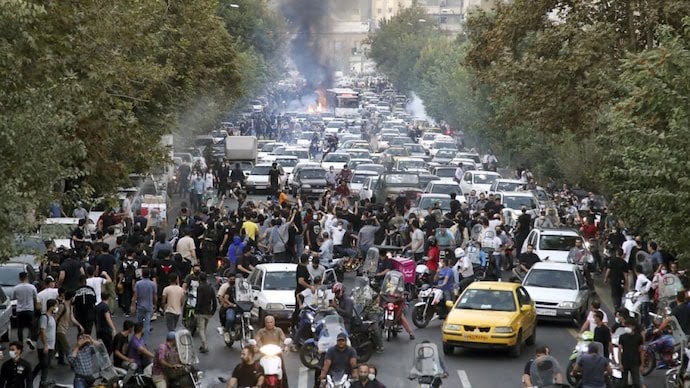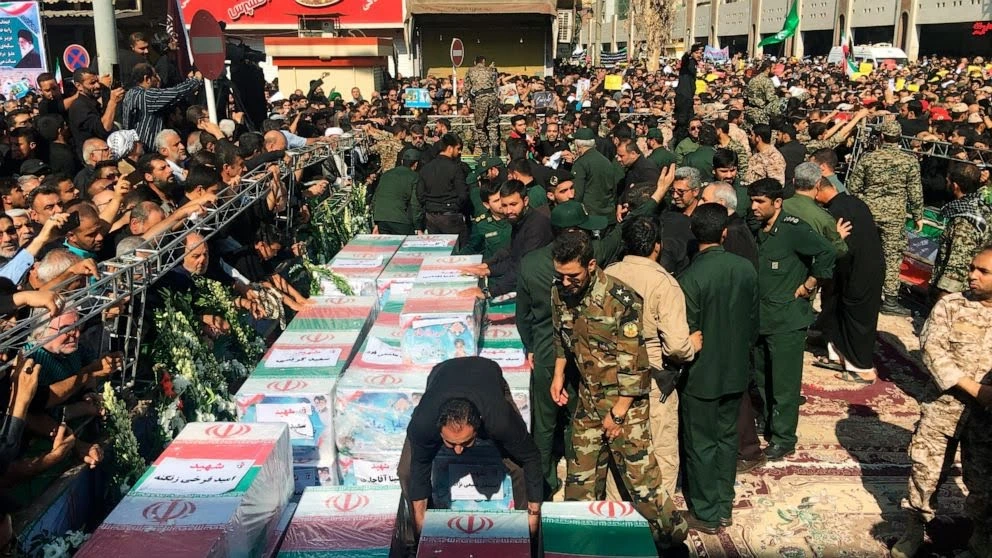Iran Protests: Two men were hanged in Iran on Saturday for allegedly killing a security force member amid widespread protests that followed the death of Mahsa Amini, a 22-year-old Kurdish Iranian woman, on September 16. This action drew condemnation from the EU, the US, and other Western countries.
The two men who were hanged on Saturday had been found guilty of murdering a Basij paramilitary force militia member. In the same case, 11 people were given prison sentences, while three others received death sentences.
The judiciary said in a statement broadcast by the official IRNA news agency that “Mohammad Mehdi Karami and Seyyed Mohammad Hosseini, principle perpetrators of the crime that led to the unjust martyrdom of Ruhollah Ajamian were hanged this morning.”
The most recent executions bring the total number of protestors who have been publicly acknowledged as having been put to death as a result of the turmoil to four.
On Saturday, the top diplomat for the European Union denounced the executions and urged Iran to immediately halt applying the death penalty on protesters and revoke any current sentences.
Josep Borrell stated in a statement, “This is yet another sign of the Iranian authorities’ violent repression of civilian demonstrations.”
Robert Malley, the United States’ special ambassador to Iran, also denounced the killings, calling them “fake trials.” Malley stated on Twitter that “these executions must end.”
Also Read: Pariksha Pe Charcha 2023: No worries if you missed it! Registration date extended till Jan 27
UK called on Iran to “immediately halt the bloodshed against its own people”
On Saturday, James Cleverly, the foreign minister of the United Kingdom, denounced the murders and called on Iran to “immediately halt the bloodshed against its own people.”
The Iranian government should pay attention to the “legitimate aspirations of the Iranian people,” the French foreign ministry said, calling the killings “revolting.”
The Dutch government asked other EU nations to follow suit and said it will call Iran’s ambassador to the Netherlands for the second time in a month to express its concerns on the murder of protesters.
In what it referred to as “sham trials designed to intimidate protesters,” Amnesty International claimed last month that Iranian authorities are seeking the death penalty for at least 26 further individuals.
It claimed that everyone who was waiting to be executed had been denied the right to a strong defence and access to a lawyer of their choice. Rights organisations claim that defendants have instead been forced to rely on state-appointed attorneys who provide scant defence.
Karami, a 22-year-old karate champion, was found guilty by a court that Amnesty claimed used coerced confessions.
In a tweet on December 18, Hosseini’s attorney Ali Sharifzadeh Ardakani claimed that the author had been subjected to severe torture and that any confessions obtained through such methods were invalid.
He claimed that Hosseini was beaten while having his hands and feet restrained, given electric shocks to various portions of his body, and kicked in the head until he passed out.
Iran disputes the idea that confessions are obtained through torture.
Mahsa Amini was detained by morality police who were implementing the Islamic Republic’s strict dress code rules when she passed away in detention in September. One of the major threats to the Islamic Republic since it was founded in 1979 has been the protests that followed.
According to state media, Supreme Leader Ayatollah Ali Khamenei appointed Ahmad Reza Radan, a hardline police official, as the next national police commander on Saturday.
During his former police roles, Radan, who was subject to U.S. sanctions in 2010 for violating human rights, frequently advocated for stringent enforcement of the nation’s Islamic dress code for women.
The formidable Iranian Revolutionary Guards’ allied Basij squad is mostly responsible for the crackdown on protestors.
Iran, which has attributed the unrest to its adversaries outside, especially the United States, justifies its suppression of protesters by defending national sovereignty.
According to the rights organisation HRANA, until of Friday, 517 demonstrators, including 70 juveniles, had died as a result of the turmoil. According to the report, 68 members of the security forces were also murdered. It claimed that up to 19,262 demonstrators may have been detained.
Also Read: New Delhi: 3 Nigerians detained for overstaying, large mob attacks Delhi cops in retaliation
According to Iranian sources, up to 300 people—including security personnel—have perished.
On December 8, less than three months after his arrest, 23-year-old Mohsen Shekari became the first demonstrator known to have been put to death. He was charged with setting a garbage can on fire, obstructing traffic, using a machete to stab a Basij militiaman, and endangering public safety.
Less than a month after his detention, Majid Reza Rahnavard, 23, was publicly hanged from a crane in the northeastern city of Mashhad on December 12. He was charged with murdering two Basij members and injuring four others in Mashhad.
Keep watching our YouTube Channel ‘DNP INDIA’. Also, please subscribe and follow us on FACEBOOK, INSTAGRAM, and TWITTER












